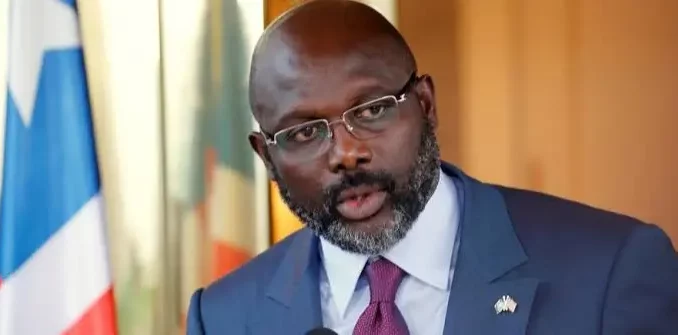
Liberia has officially legalized dual citizenship, ending a long-standing ban that some said was hypocritical because it was secretly circumvented by elites holding US citizenship.
The bill, signed into law by President George Weah on Friday and confirmed on Sunday, passed the House of Representatives and Senate on Tuesday.
Liberia, the oldest republic in sub-Saharan Africa founded in the 19th century at the behest of the United States for freed black slaves, has a large diaspora living in America.
Some 100,000 Liberian-born people lived in the US from 2008 to 2012, according to the US Census Bureau.
Under the new law, dual citizens will not be allowed to serve as president, finance minister or central bank governor, nor will they be allowed to hold high-level positions in national security or law enforcement.
“If a person wishes to participate (in the elections), he or she must renounce the citizenship of the other country at least one year before submitting his or her candidacy to the National Electoral Commission,” the new law states.
President George Weah had already called for the ban to be lifted in a referendum in December 2020, but only 51.5% of voters voted in favor, although a two-thirds majority was required.
Last year, a Supreme Court ruling relaxed the country’s strict ban on dual nationality, which dates back to 1973. It said Liberians with foreign citizenship would only be forced to give up their passports after “a legal process”. Previously, citizenship was automatically withdrawn from holders of other passports.
Under the Naturalization Act, only black people could be Liberian citizens. Under the new legislation, any black person can now acquire Liberian citizenship through marriage, adoption, or if they were born in the country or to Liberian parents.
